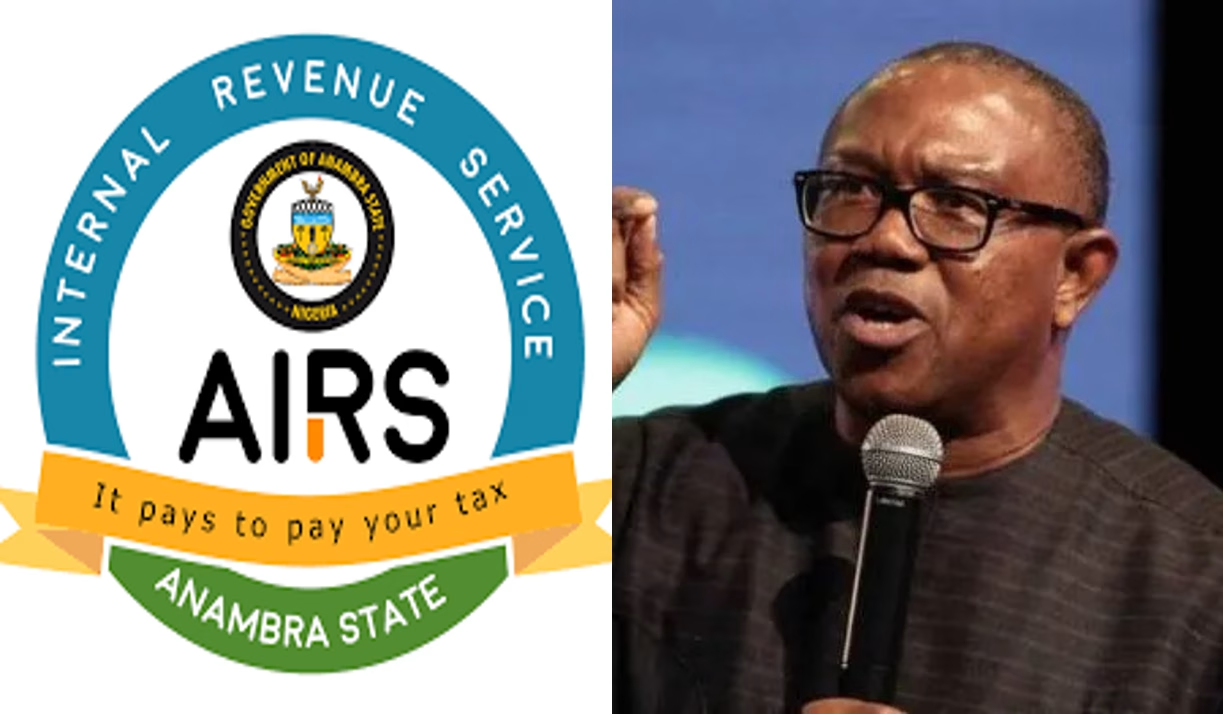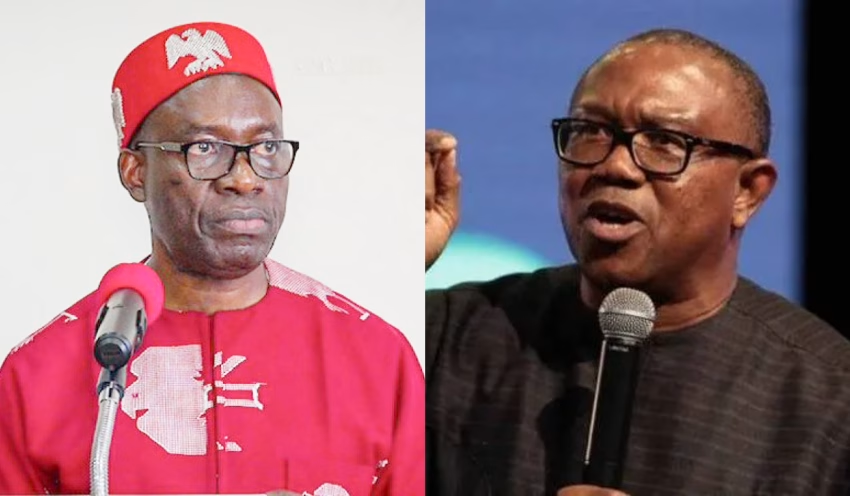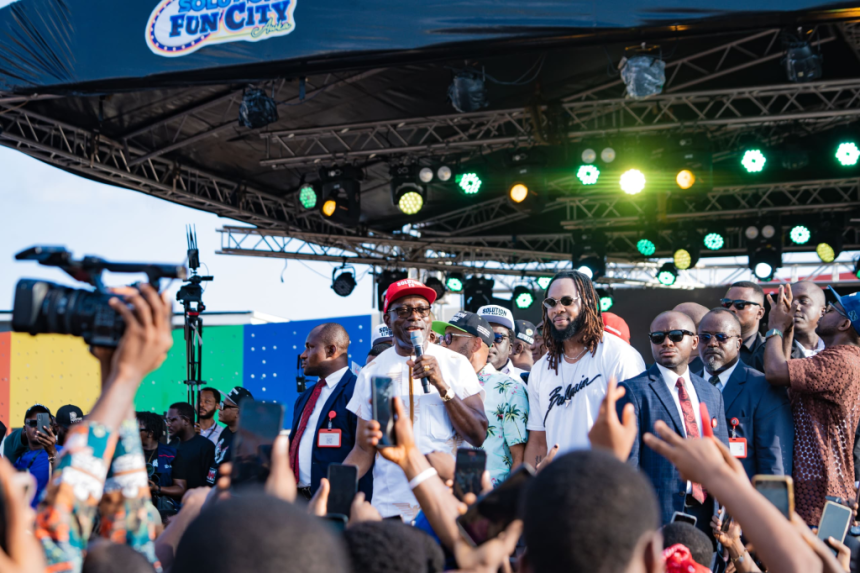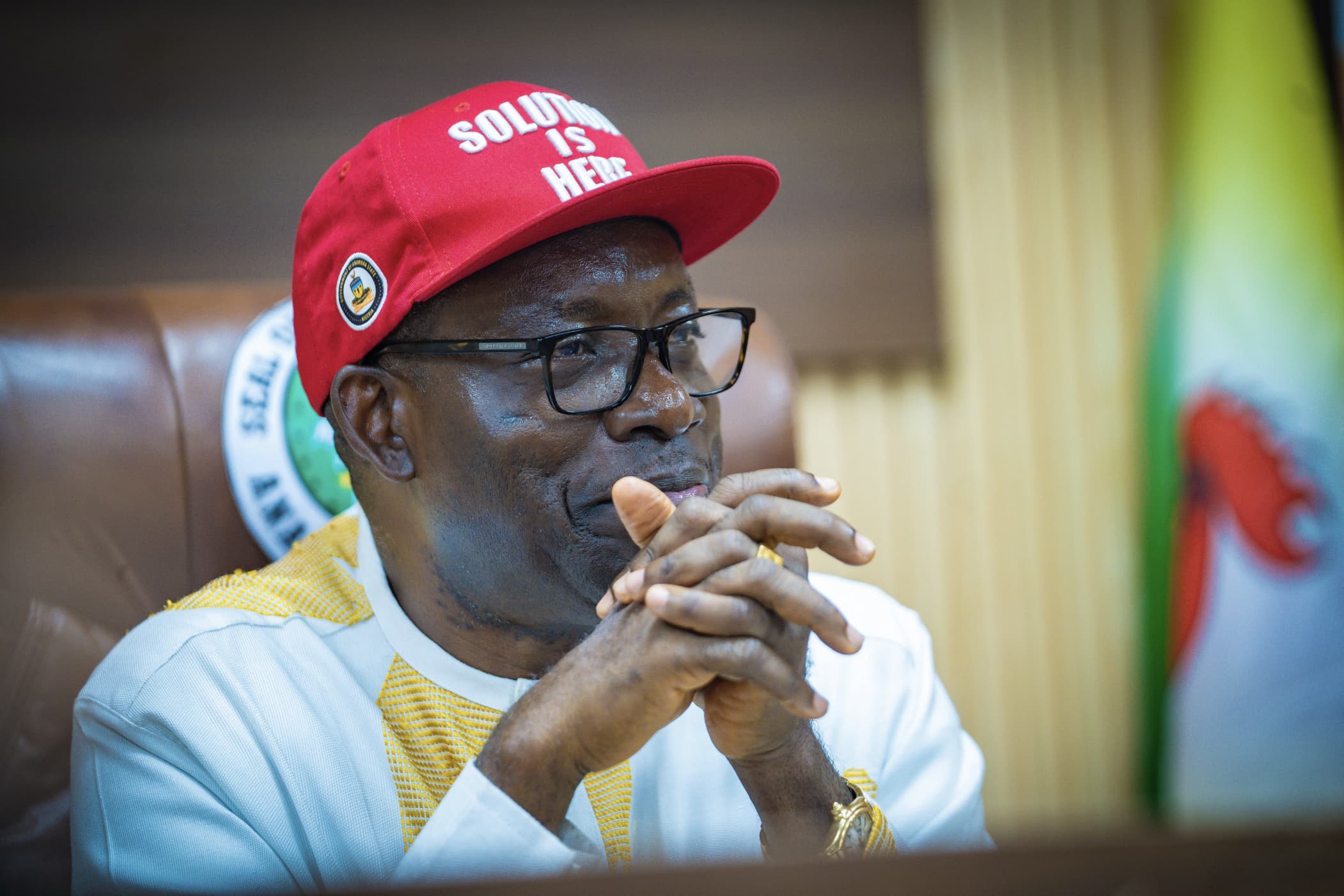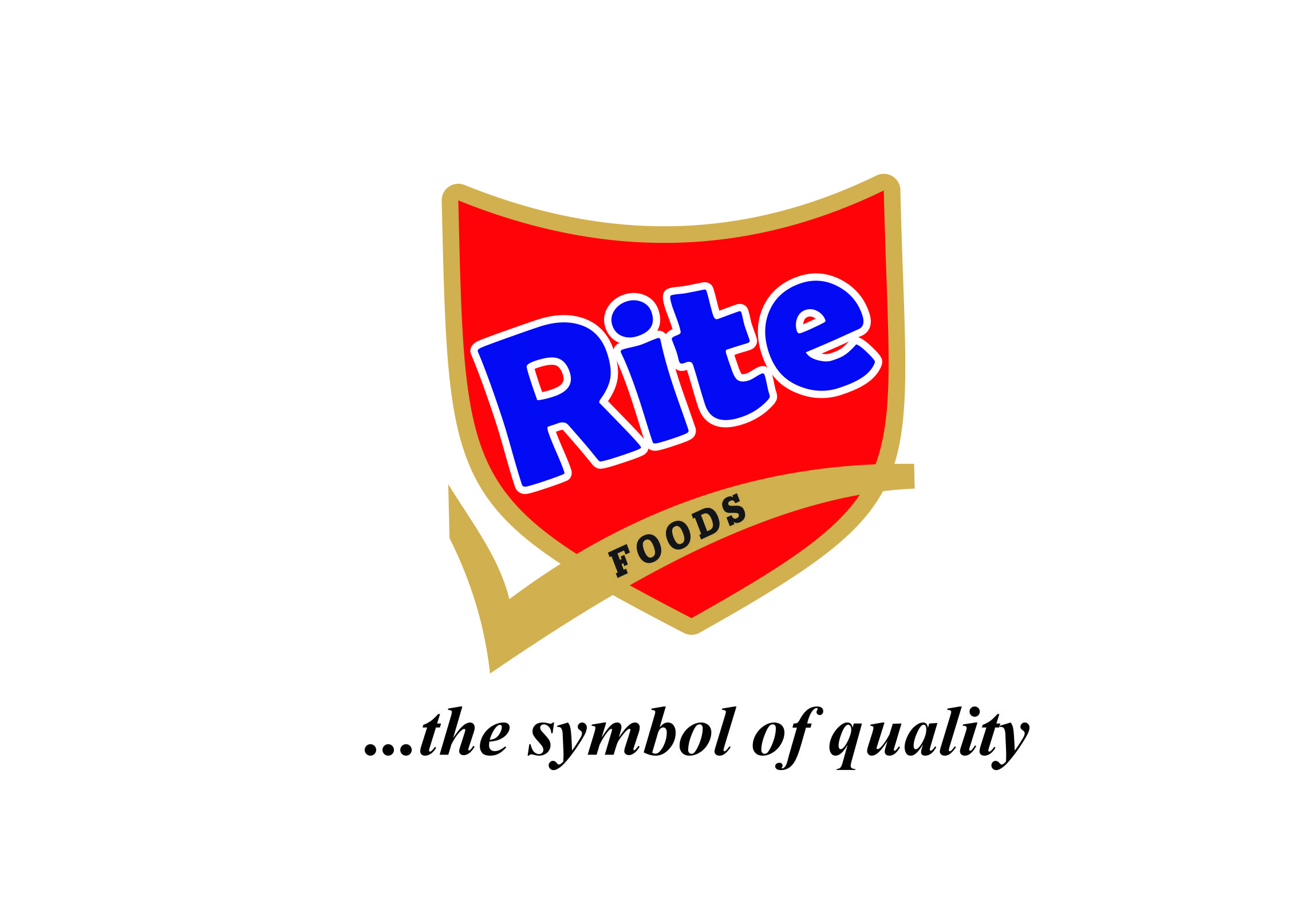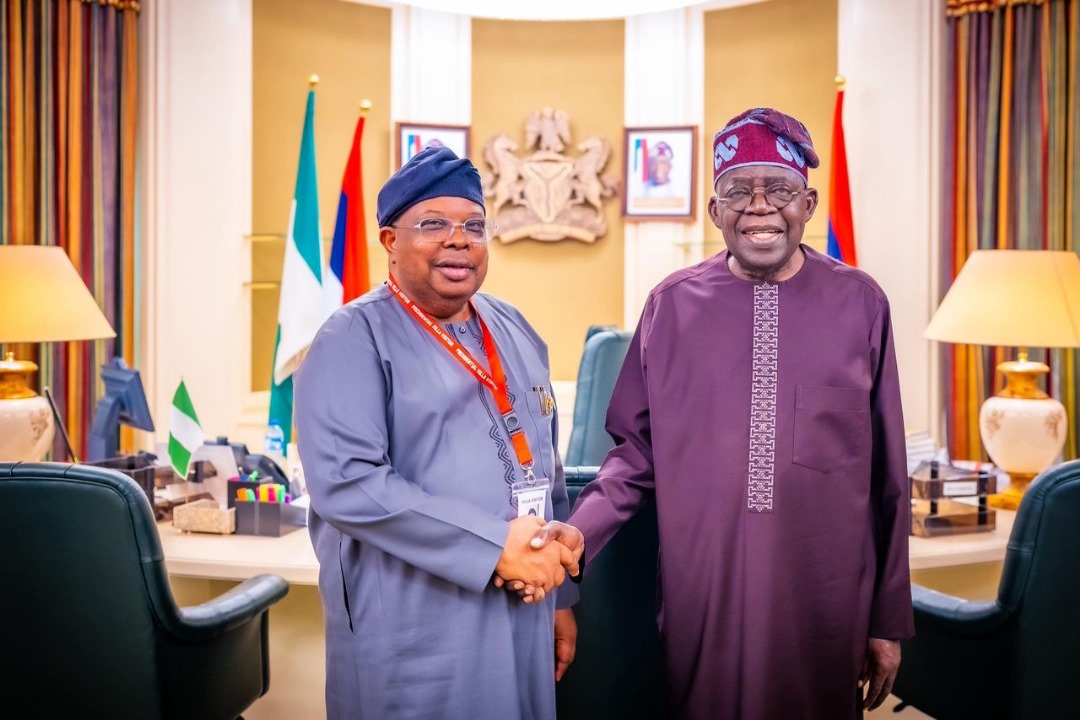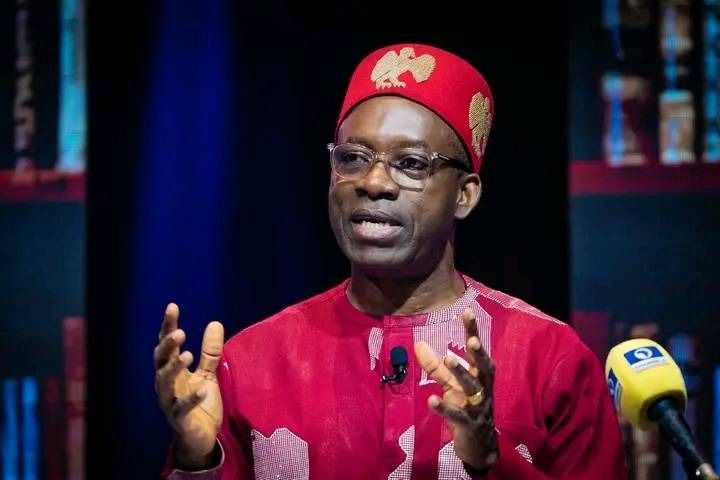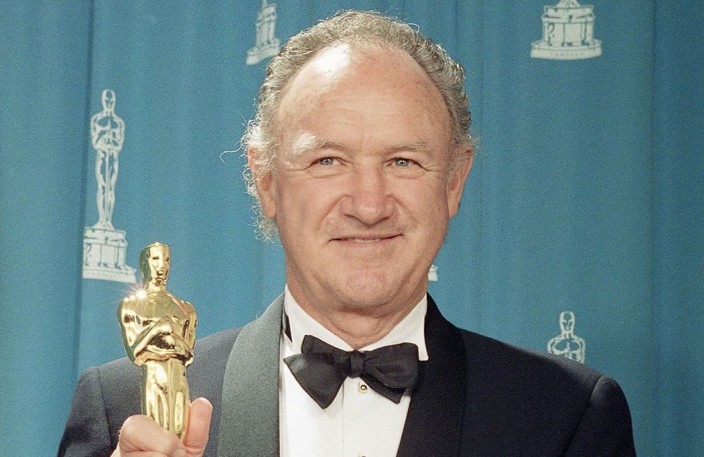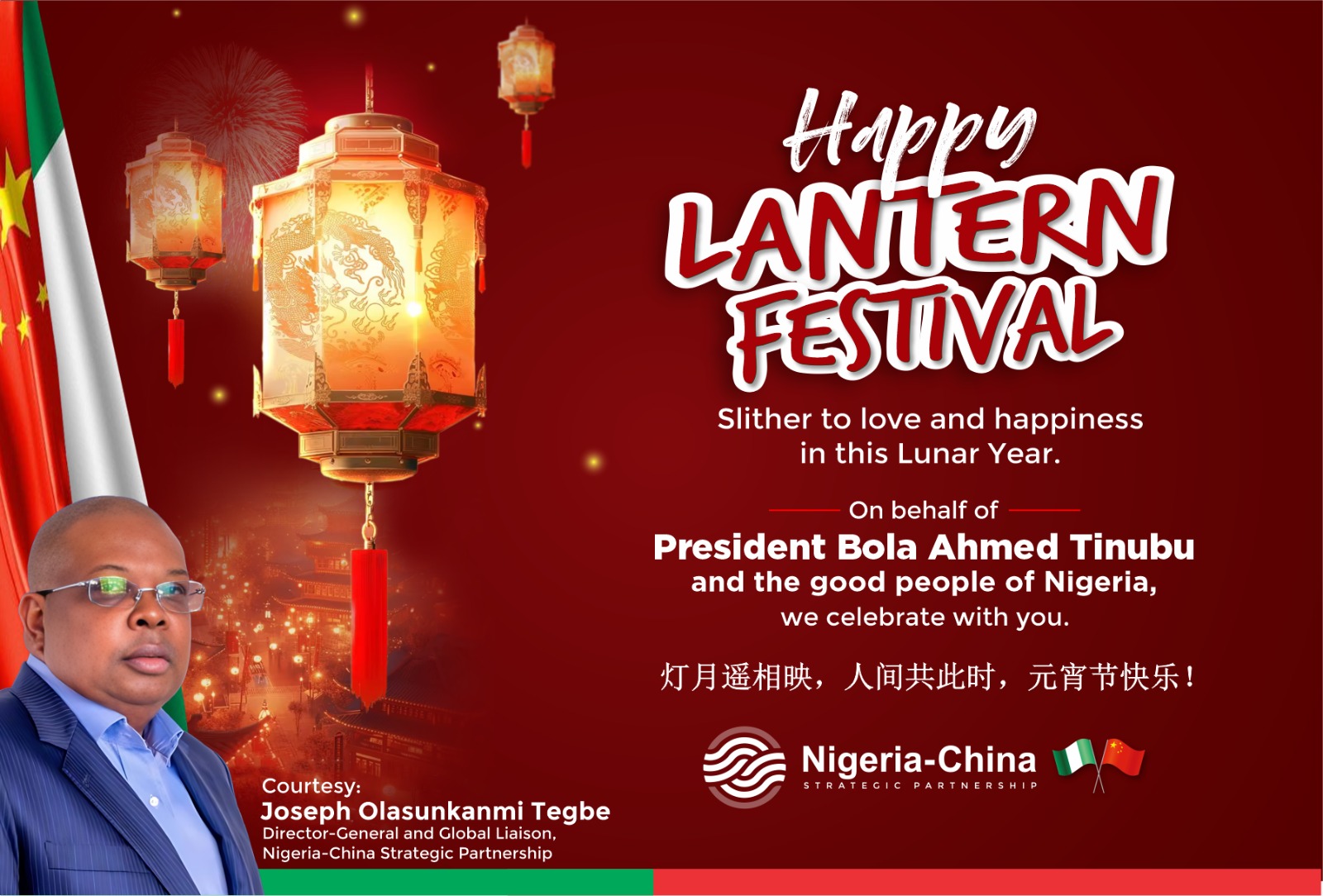The National Press and Publication Administration in China, on Monday, announced strict new rules that will ban children from playing online games during weekdays and limit them to just three hours per week.
According to the State news agency, Xinhua, the rules were unveiled in order to curb gaming addiction among teenagers.
Gamers aged below 18 will be limited to one hour of online game play, between 8 p.m. and 9 p.m. on Friday, Saturday and Sunday in normal weeks. They will also be allowed to play on statutory public holidays.
Current rules allow for 90 minutes of playing per day and three hours on public holidays.
The NPPA puts the burden of responsibility on companies like Tencent and NetEase Games by requiring them to enforce real-name usage, to disallow any unregistered players, and to come up with systems that manage tens of millions of individual players’ usage.
In a speech in March, China’s president Xi Jinping called gaming addiction among teenagers a “social problem.” Earlier this month, the Economic Information Daily, a publication affiliated to Xinhua described online gaming as “spiritual opium.” Its explicit reference to Tencent sent shares of the gaming, social media and entertainment giant spinning.
In a recent earnings call, Tencent executives were at pains to point out that the company’s rules for teenagers were already tighter than statutory minima. They also explained that, while the group earns a third of its revenue from gaming, the proportion from Chinese teens is minimal. People under 16 accounted for 2.6% of its gross gaming receipts.
“Many parents have said that the gaming addiction problem among teens and children has gravely affected their ability to learn and study as well as their physical and mental health, even causing a series of societal problems,” the NAAP said via Xinhua.
The move is the latest in a long series of measures emanating from the Chinese government to rein in the tech and entertainment sectors. In recent months, regulators across an array of agencies have proposed regulations on algorithms, anti-competitive behavior, data security and data privacy.
While many of these appear well-intentioned, the cumulative impact of so many new rules in such a short time has weighed heavily on China’s tech giants. On the recent earnings call, Tencent warned that regulators are by no means finished.
Tencent is the world’s largest gaming company by revenue. It owns “League of Legends” developer Riot Games, an 84% stake in Supercell (“Clash of Clans”), 80% of New Zealand’s Grinding Gear Games (“Path of Exile”), 40% of Epic Games, 14.5% of Glu Mobile, 11.5% of Bluehole, and 5% stakes in Activision Blizzard, Ubisoft and Paradox Interactive. And it has been allowed to keep expanding through acquisition even as China’s regulators have weighed against the gaming, overseas acquisitions and too big to fail corporations.


